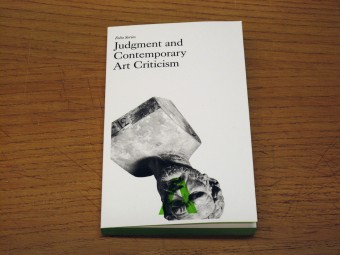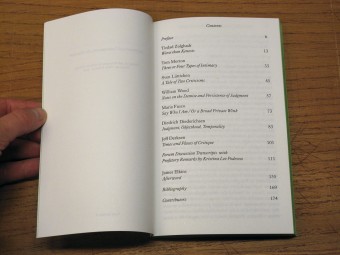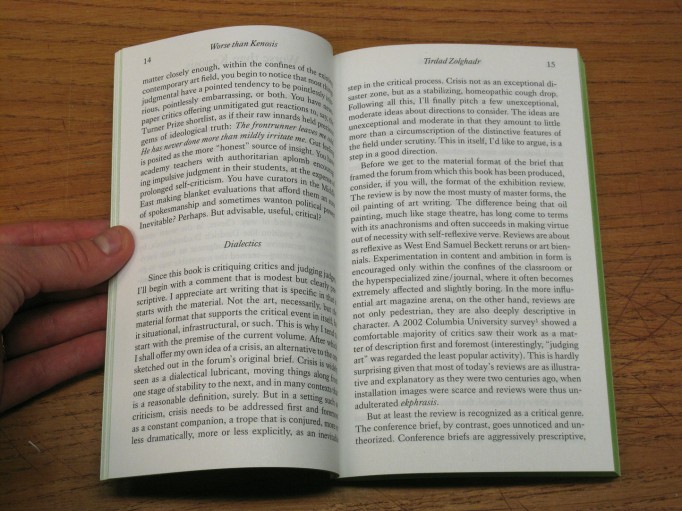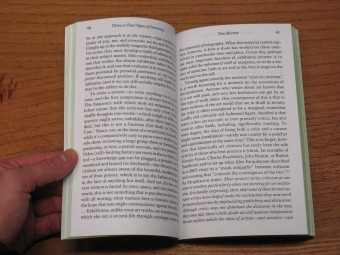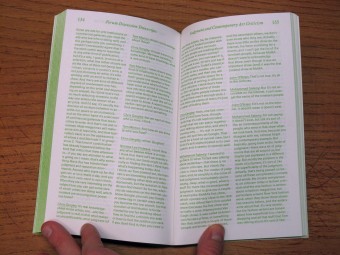Judgment and Contemporary Art Criticism. Fillip and Artspeak.
Posted in Motto Berlin store on September 9th, 2010Tags: Artspeak, Diedrich Diederichsen, fillip, Jeff Derksen, Maria Fusco, Tirdad Zolghadr, Tom Morton, William Wood
Judgment and Contemporary Art Criticism.
Published by Fillip and Artspeak.
Participants:
Jeff Derksen
Diedrich Diederichsen
Maria Fusco
Kristina Lee Podesva
Tom Morton
William Wood
Tirdad Zolghadr
Over the course of the past decade, we have seen unrelenting levels of market speculation in contemporary and historical art at the same moment that global conflict and war has escalated and world economies have begun to crumble. Concurrent to these developments, there has been a new wave of interest directed toward the efficacy and function of art criticism. Judgment and Contemporary Art Criticism will engage with many of the key issues coming out of these conversations, specifically returning to the role of judgment and valuation in contemporary art writing.
Described by Joseph Koerner and Lisbet Rausing as the “troubled objects of criticism,” value and judgment are—and have always been—at the forefront of debates about the social function of the art critic. For many, the end of the twentieth century saw the mitigation of the importance of critical valuation established within high modernist discourses. Instead, many critics argued for a more open dialogue between texts and objects, pursuing modes of critique that allowed for the exploration of ambiguity and interpretation, thus detaching art writing from questions of quality.
With the start of the new millennium, a growing chorus of critics began to suggest that a return to judgment was a remedy to the cauterized state of contemporary art criticism. Yet can judgment operate within new modalities of writing that hold open a reflexive space for ambiguity and dialogue? How would these new forms read? If, as Boris Groys has claimed, critical discourse today is an attempt to “bridge the divide” between the “inherited older public office” of the critic who judged art “in the name of the public” and the “avant-garde’s betrayal of this office,” can new forms of criticism remake judgment anew, without explicit determinations of quality?
D 15€
Available for distribution.

